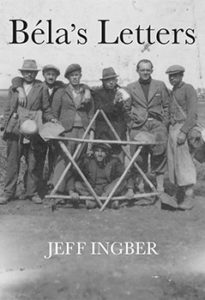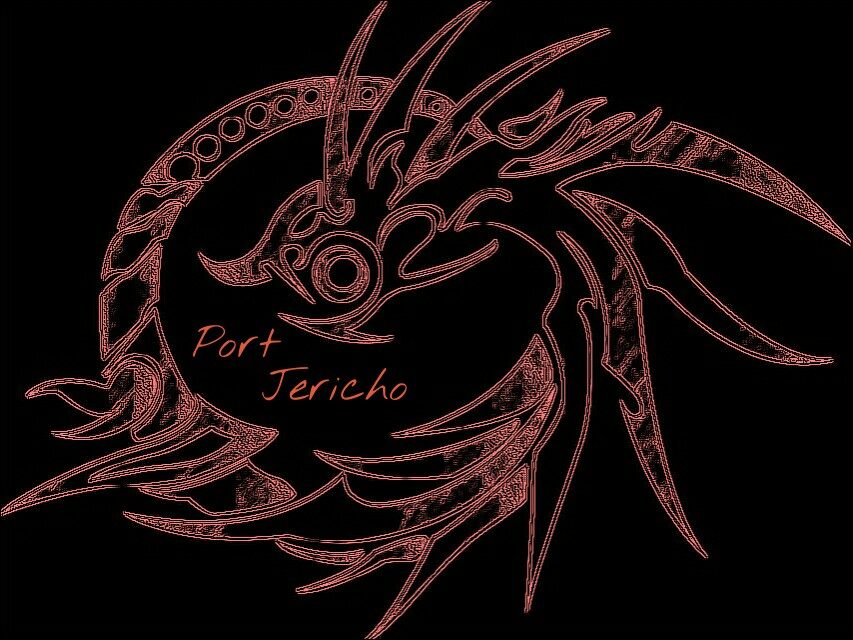
This was reviewed for San Francisco Book Review
Béla’s Letters, by Jeff Ingber, is a hauntingly beautiful tour through history, leading us through the lives of one family via the precious artifact of letters, one of the historian’s best friends. They are stitched together with narrative from Béla’s point of view, the author’s conjecture for it was written after Béla’s passing. This was a very personal book for the author, for it is his gift honouring family. He is the son of Béla Ingber.
Spanning eight decades, we follow Béla through seemingly carefree times as an youth, through the terrible killing time that was the Holocaust, through the aftermath and an arrival to America, where his fledgling family can finally put down roots again. Decades drift by, separating him from those terrible times. Children turn adult, granting grandchildren in turn. Siblings and close friends succumb to the inevitable march of time.
There is nostalgia for a childhood long gone, for the past of one’s youngest years almost always seems a better time than the present, ne? There is profound sadness and unmitigated fear at the horror of one of humanity’s darkest moments, when an entire people felt the twinned weights of hatred and abandonment descend upon them. A time of slaughter, claiming millions of lives. There is hope in the aftermath, and worry as well, as shattered lives and broken families begin the long, slow mending process. Scattered throughout the book are pictures of Béla and other family and friends.
That’s so hard for me to comprehend, the sheer numbers involved. I was reminded of my visits to the Holocaust Museum in Washington DC, of the pictures magnified to cover entire walls, making truth hard to deny, of the near suffocating weight of fear and sadness still clinging to recovered artifacts, filling the rooms that held them- piles of shoes, piles of clothes, a railcar, most horrific of all, a clear pillar filled with expended zyklon-B cannisters.
Books like Béla’s Letters, like The Diary of Anne Frank, Schindler’s List, Irena’s Children, The Boy in the Striped Pajamas, they call to us to never forget. They honour the past with remembrance. They are our collective Othala, the bitter part of our inheritance, the inheritance of us all,, for the children of those who suffered, those who fought, those who stood by, those who actively took part. None of us must ever forget.
I have seen reviews of this book other places that criticise the length, saying it should be cut down. At 500 plus pages, it is a long novel. However, I strongly disagree that it is too long, for a book following decades of a person’s life, and they were hardly decades that were boring. To understand a person, and this was as much biography as anything else, you must understand where they came from, and the major moments that defined their life. I was never once concerned with ‘how long it was’. No, I found it to be a deeply engrossing read that flowed quick and easy.
????? Highly recommended. Perfect for those who enjoy historical fiction, especially regarding World War II. I am loathe to say ‘’if you like books about the Holocaust’, because frankly I would think something quite wrong with you if you liked them. However, to say ‘if books about the Holocaust fascinate you’ makes more sense. If that’s the case, this book is sure to call to you.

